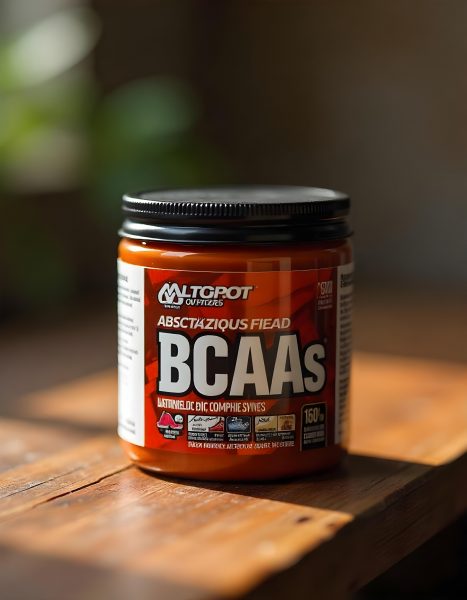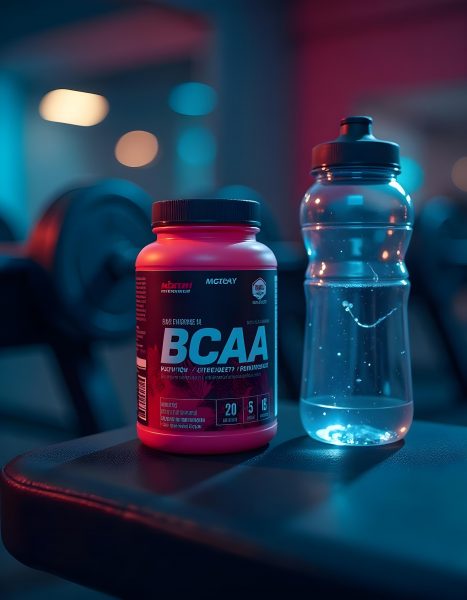
When it comes to fitness and muscle recovery, the world of supplements can feel overwhelming. One term that often comes up is BCAA or branched-chain amino acids. As a fitness enthusiast and advocate for health, I want to dive deep into what BCAAs are, their benefits, and how they can fit into your routine.
BCAAs are a group of three essential amino acids: leucine, isoleucine, and valine. Unlike other amino acids, which our bodies can produce, BCAAs must be obtained through diet or supplementation. They play a crucial role in protein synthesis, energy production, and recovery after exercise.

Leucine: This amino acid is the star of the show. It triggers the muscle protein synthesis process, helping your body build new muscle tissue.
Isoleucine: Known for its role in energy production, isoleucine helps regulate blood sugar levels and boosts endurance during workouts.
Valine: This amino acid is vital for muscle metabolism and repair. It also helps improve mental focus, especially during intense training sessions.

Muscle Growth and Recovery
One of the primary reasons people supplement with BCAAs is for muscle growth. Research shows that BCAAs can help reduce muscle soreness and speed up recovery after intense workouts. By minimizing muscle breakdown, these amino acids allow you to train harder and more frequently.

BCAAs can also help improve endurance performance. By using these amino acids as a source of energy during prolonged exercise, athletes may experience less fatigue and better overall performance.

Delayed onset muscle soreness (DOMS) can be a real challenge after a tough workout. Studies have indicated that BCAA supplementation can reduce the severity of DOMS, allowing for a smoother recovery process.

Interestingly, BCAAs may also aid in weight loss efforts. By promoting fat oxidation and preserving lean muscle mass, they can help you maintain a healthier body composition.

So, how can you effectively use BCAAs? Here are some practical tips:
For optimal results, take BCAAs before, during, or after your workout. This ensures your muscles have access to these essential amino acids when they need them the most.

A common dosage is around 5-10 grams of BCAAs per serving. Adjust based on your body weight, workout intensity, and individual goals.

When selecting a BCAA supplement, look for high-quality products that are free from additives and fillers. Check for third-party testing to ensure purity and efficacy.

While supplementation is an option, it’s essential to remember that BCAAs can also be obtained through food. Here are some excellent sources:

While BCAAs are generally safe for most people, excessive consumption can lead to gastrointestinal issues or an imbalance in amino acids. Always consult with a healthcare provider before starting any new supplement regimen.

Incorporating BCAAs into your fitness routine can provide numerous benefits, from enhanced muscle growth and recovery to improved endurance and fat loss. Whether through supplements or whole food sources, understanding the power of branched-chain amino acids can help you optimize your performance and reach your fitness goals.
====================
Recommended Product